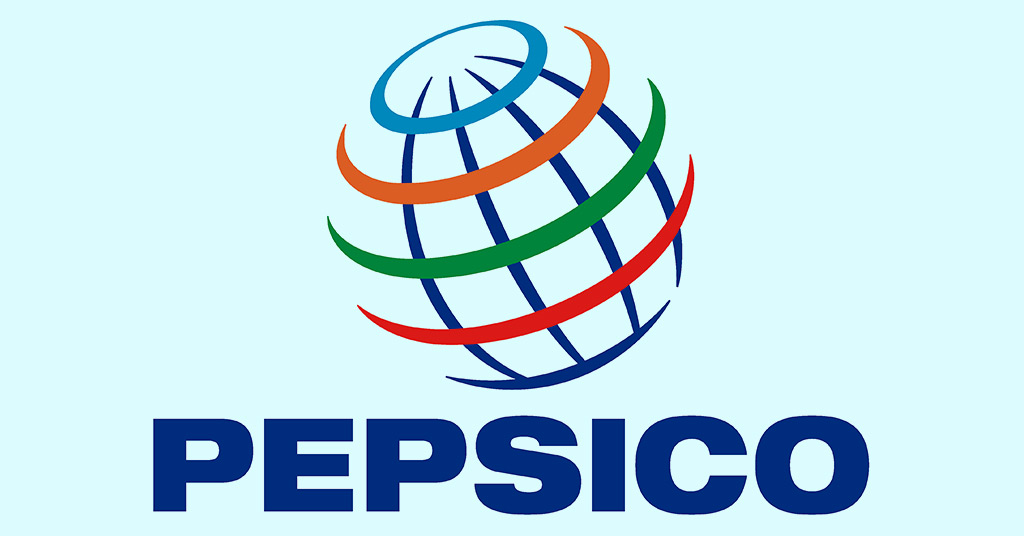Welcome To ChemAnalyst

Indonesia: PepsiCo has committed to banning Palm oil from Indonesia-based conglomerate Astra Agro Lestari (AAL) in its supply chain following allegations of human rights abuses and land grabbing. Last year, the International Federation for Human Rights wrote an open letter to several major consumer goods companies, including PepsiCo, urging them to cut ties with AAL as a result of their “sustained role in forcibly grabbing communities’ land, contributing to environmental destruction, negatively impacting communities’ livelihoods, and criminalizing land and environmental human rights defenders.” As one of the latest consumer goods companies to act against AAL, PepsiCo hopes that their decision will lead the way for other organizations to follow suit.
In response to an environmental investigation by Friends of the Earth, PepsiCo has announced it is taking the allegations against (AAL) seriously. The company said it will be launching a third-party investigation into the claims that AAL illegally occupied 16,000 acres of local farmers' land.
In addition, other major companies such as Hershey's, Kellogg, Unilever, Nestle and Procter & Gamble have also addressed the claims in a joint statement. They have all committed to ensuring their suppliers are not violating any laws or regulations and that their operations are ethical and responsible.
PepsiCo is one of the world's largest buyers of Palm oil for its packaged food business, accounting for less than 1% of the supply. The company is committed to using only Palm oil that has been sourced in accordance with its “No Deforestation, No Peat, No Exploitation” principles or time-bound initiatives which demonstrate progress towards those sustainability goals.
Yesterday, PepsiCo's decision to suspend its sourcing from (AAL). Today, Nestle, Procter and Gamble, and FrieslandCampina have all followed suit. AAL had previously stated their commitment to upholding human rights, community rights, and labor rights as well as cooperating with farming communities in their supply chain.
Palm oil is an incredibly popular ingredient found in food, cosmetics and other consumer products as well as biofuels. The global market for Palm oil is projected to grow from $48.6 billion in 2022 to $70.2 billion by 2029 with AAL being one of the top five producers.
However, environmental groups have put immense pressure on companies for their use of Palm oil due to its link with deforestation and human rights abuses.
Retailers and consumer goods companies are well-attuned to the ecological problems associated with Palm oil. Walmart, a leading retail chain, is taking steps to ensure its products produced with Palm oil have no links to deforestation by 2025. This move enables the company to meet its sustainability goals.
Walmart is taking a proactive step towards protecting the environment and sustaining local communities. Anbinh Phan, Walmart’s director of global government affairs and business diplomacy noted that much of the world relies on Palm oil from Indonesia, a country comprised of rich biodiversity.
Over 85% of the global supply for Palm oil comes from Indonesia and Malaysia. Phan recently shared at an American Apparel & Footwear Association panel in March that Walmart has begun investing in NGOs as well as place-based initiatives that are focused on addressing issues such as deforestation when sourcing Palm oil, while also meeting the rights and needs of local communities.
We use cookies to deliver the best possible experience on our website. To learn more, visit our Privacy Policy. By continuing to use this site or by closing this box, you consent to our use of cookies. More info.
